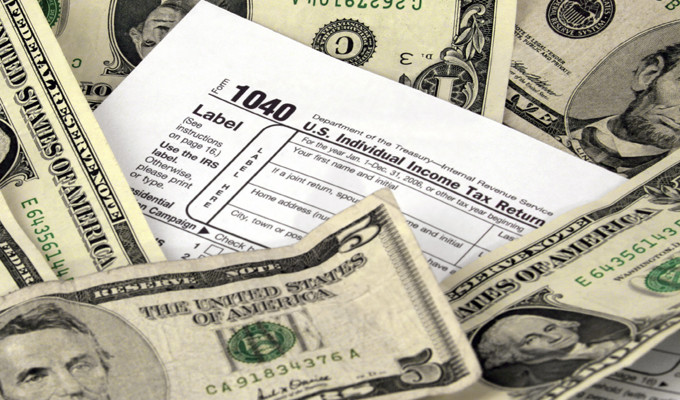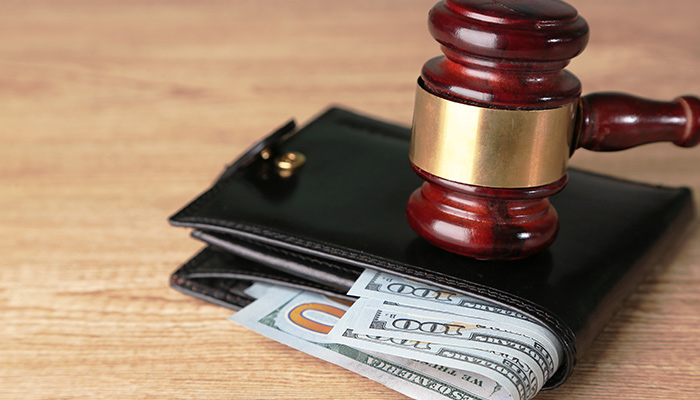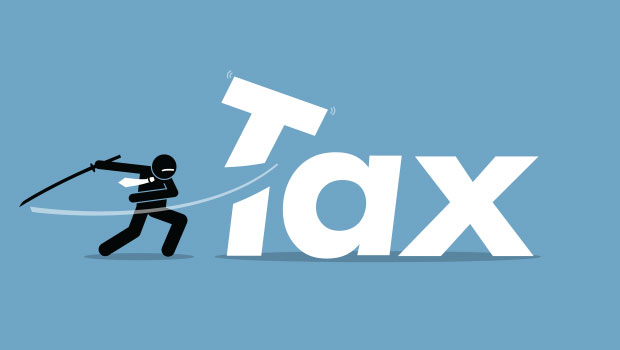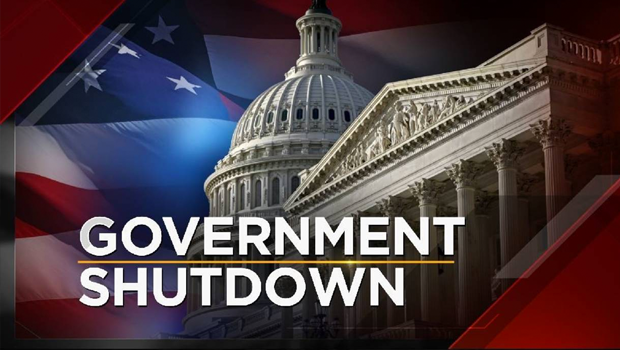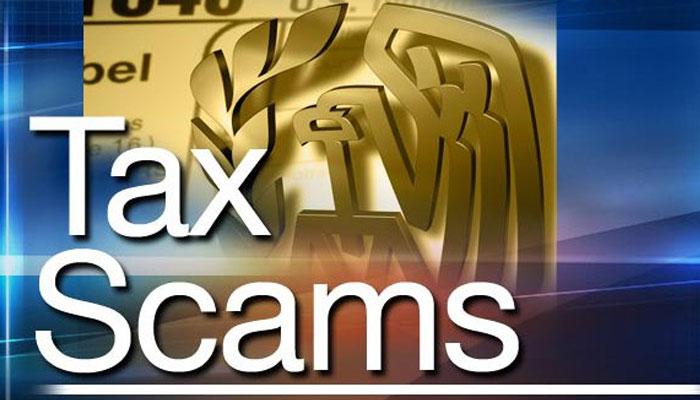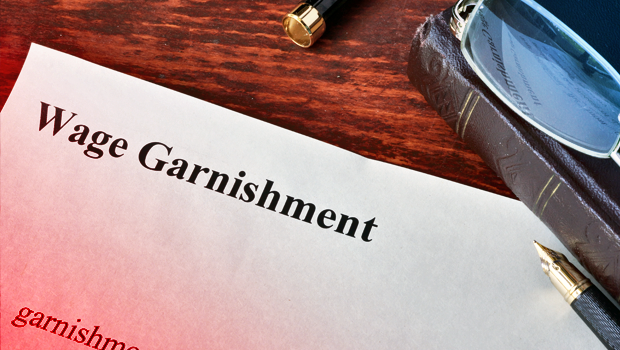What Is an Offer in Compromise?
If you’ve found yourself drawing the ire of the IRS due to unpaid tax debts, you might be wondering what your options are. Well, one of the most enticing is the offer in compromise, or OIC. This allows you to potentially satisfy your tax debt for less than what you fully owe. Sounds like a good deal, doesn’t it? It is if you can get it, as the IRS has the right to reject a taxpayer’s OIC.
Continue reading “Offers in Compromise”

